Are fake reviews illegal? Under the 2008 Unfair Trading Regulations on Consumer Protection, businesses should not mislead their consumers with deceiving actions or omissions that can influence their decision-making processes. These actions include faking reviews or blocking customers from writing genuine negative reviews about your product or service.
KEY TAKEAWAYS:
- It is illegal to publish fake reviews about another company under the Consumer Protection from the Unfair Trading Regulations 2008.
- Fake reviews are part of the industry because it is easy to post a review on most review platforms.
- Monitor your digital presence frequently to track your brand’s representation in the marketplace.
Posting fake reviews is not only illegal, but you should not post damaging fake reviews about your competitors. Sabotaging another business by writing a false negative review about them is malicious. In the end, it can open up a lawsuit against you.
Are Fake Reviews Common?
Yes. According to a Trustpilot report, the company removed about 2.2 million fake reviews in 2020. Why the popularity of fake reviews? Because 96% of consumers read reviews before purchasing a product. E-commerce websites like Amazon offer an “Amazon Choice” badge for products with consistently high reviews. With such a system, you can see why unethical sellers are always open to buying fake reviews. That is the reason why you will find a dozen websites selling fake Amazon reviews at $6 to people.
Insider Tip
Posting fake reviews is not only illegal, but you should not post damaging fake reviews about your competitors.
How can Someone Remove Fake Reviews?
Fortunately, laws that cater to fake reviews apply to both businesses and consumers. So, if someone posts unjust feedback on your product/service/brand, here is what you need to do:
- Collect the solid proof: for an action to be taken against any review, you need to prove it is false feedback.
- Get in touch with the review admin to see if they can remove the review.
- If the false review is on your ‘My Business’ page in Google, report it to Google by proving that an honest customer did not leave the review.
- You can sue someone through a solicitor for leaving a fake review. But you first need to have solid proof that the review is fake and that you have lost some business deals because of the review.
Note: Customers also spot fake reviews on e-commerce sites by using tools, the same ones that have the questionable accuracy of Fakespot.
How Can I Prevent by Business from Falling Victim to Fake Reviews?
Unfortunately, fake reviews have become part of the industry norms because most review platforms are open for anyone to leave a comment. However, now that you know that fake reviews are part of the game, you can do a lot to limit their impact on the reputation of your business. Find the solutions below:
Collect feedbacks using a trusted reviews platform. The provider should be strict on who leaves a review. This way, you can ensure that the reviews and ratings you get are a true reflection of what you provide. In the same way, be strict on who’s invited when planning launch party ideas for your new product.
Frequently monitor and manage your business’s online presence, especially on your “My Business” page on Google.
When possible, respond to both negative and positive feedback. The more people see your engagement with the responses and the resolutions you make, the more trustworthy and transparent your business appears to the market.
F.A.Q.
Is it illegal to publish paid testimonials on third-party sites?
Yes. Amazon does not offer any rewards to paid testimonials and reviews. Although FTC allows companies to get paid testimonials for real customers with real accounts, third-party sites are not that lenient. Paid testimonials on Google, Yelp, Amazon, and other review sites are forbidden.
How do I get customers to leave reviews?
It is not easy to influence a customer to take some time to leave a review about your product or service. So, how can you compete on the customer’s attention with all the other things they have on their schedule? You have to go the extra mile, deliver a one-of-a-kind experience, and then ask for their review or testimonial.
What can companies do after receiving fake negative ratings from the competition?
First, of course, the most straightforward reaction is to counterattack. But the best approach is to collect the proof, then provide the competitors with a notice that they are using fake ratings. Then, if they do not comply, take legal action against them.
STAT: According to research done by Dimensional Research, nine out of 10 consumers look at online reviews before making a purchase. (source)
REFERENCES:
- https://en.wikipedia.org/wiki/Automated_code_review
- https://en.wikipedia.org/wiki/Data_analysis
- https://arxiv.org/abs/2007.04526r
- https://www.researchgate.net/publication/344578447_Identifying_unreliable_online_hospitality_reviews_with_biased_user-given_ratings_A_deep_learning_forecasting_approach
- https://www.bu.edu/articles/2013/yelp-reviews-can-you-trust-them/










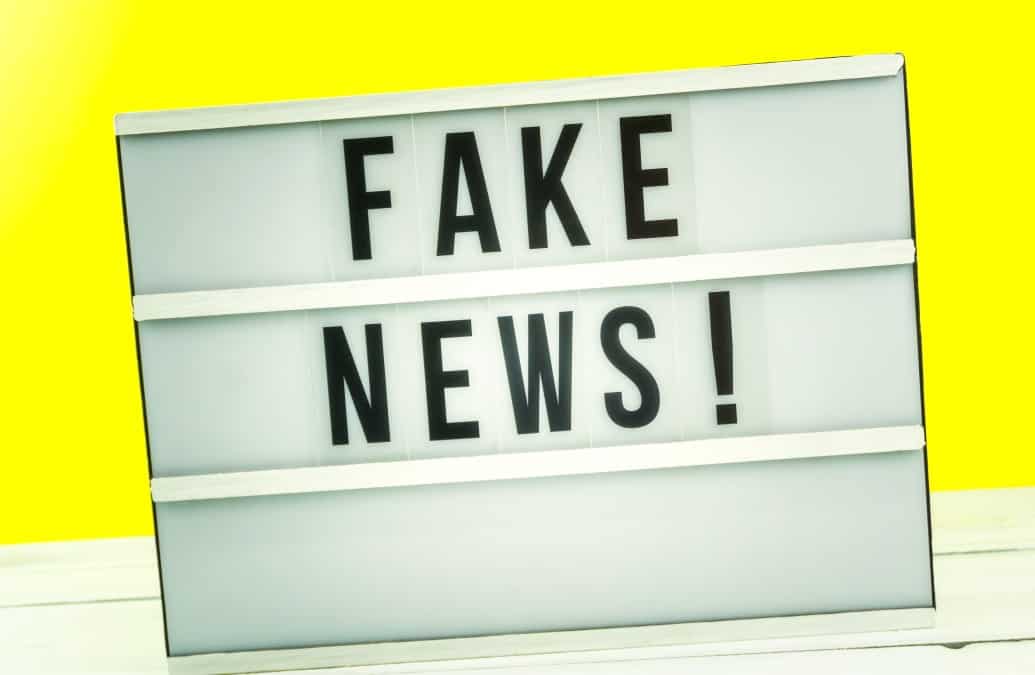




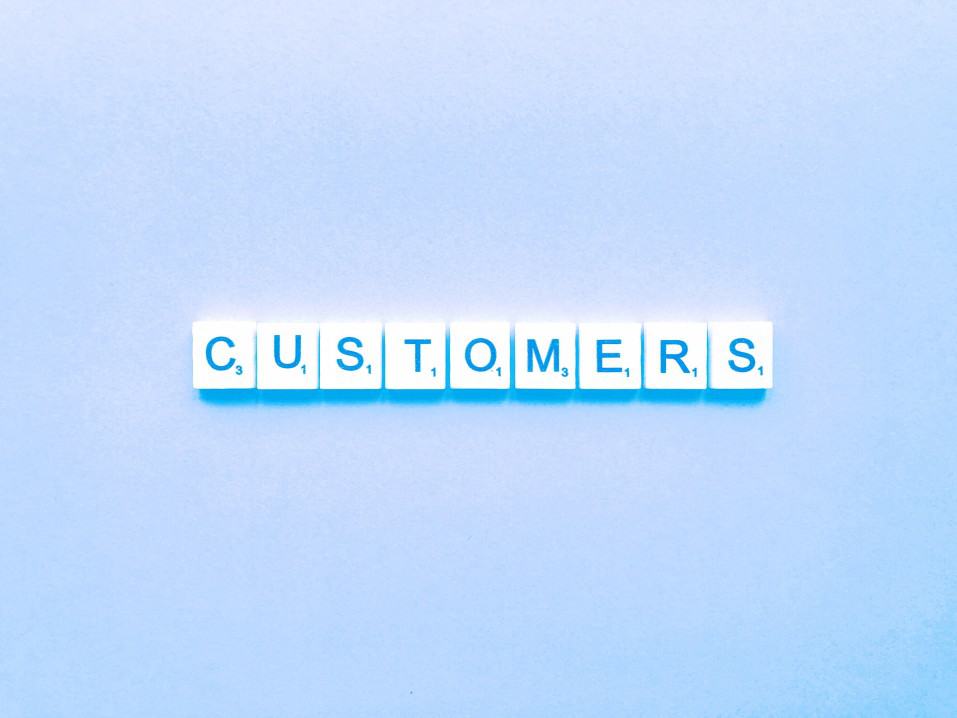






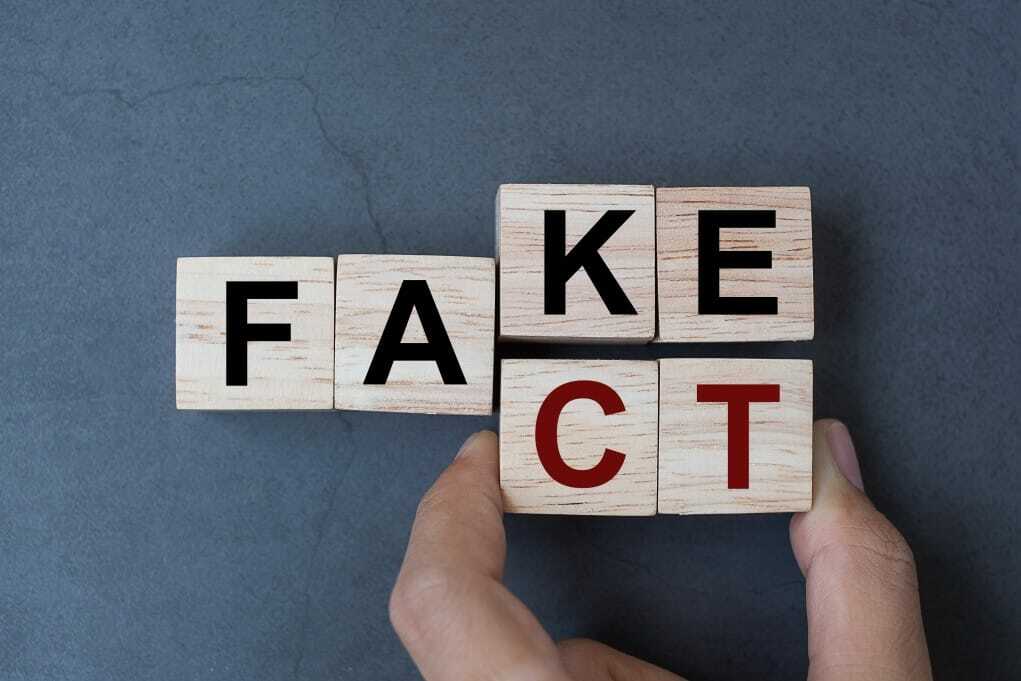
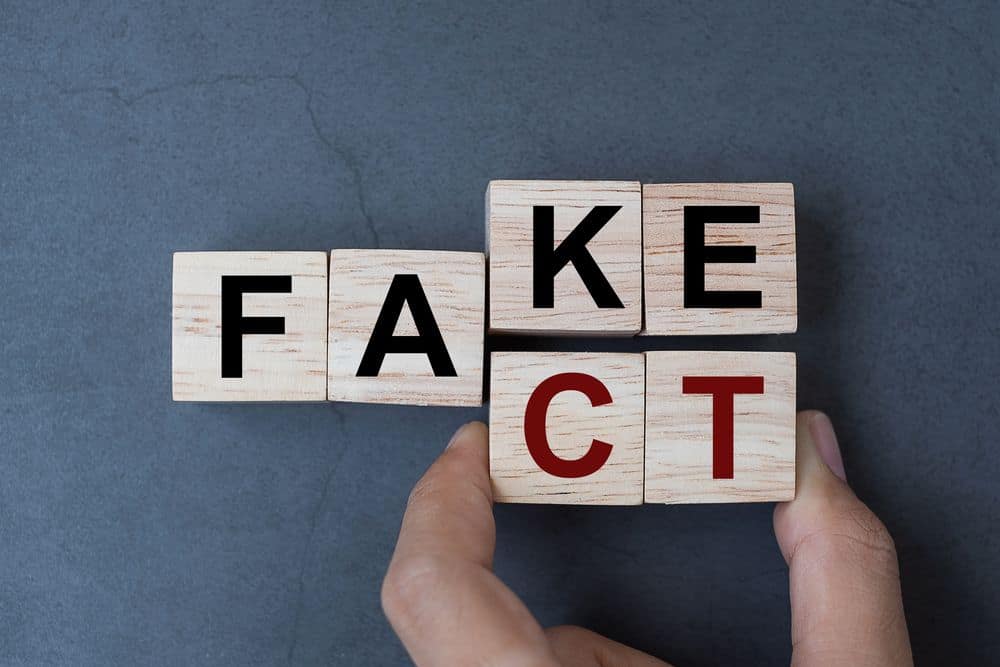
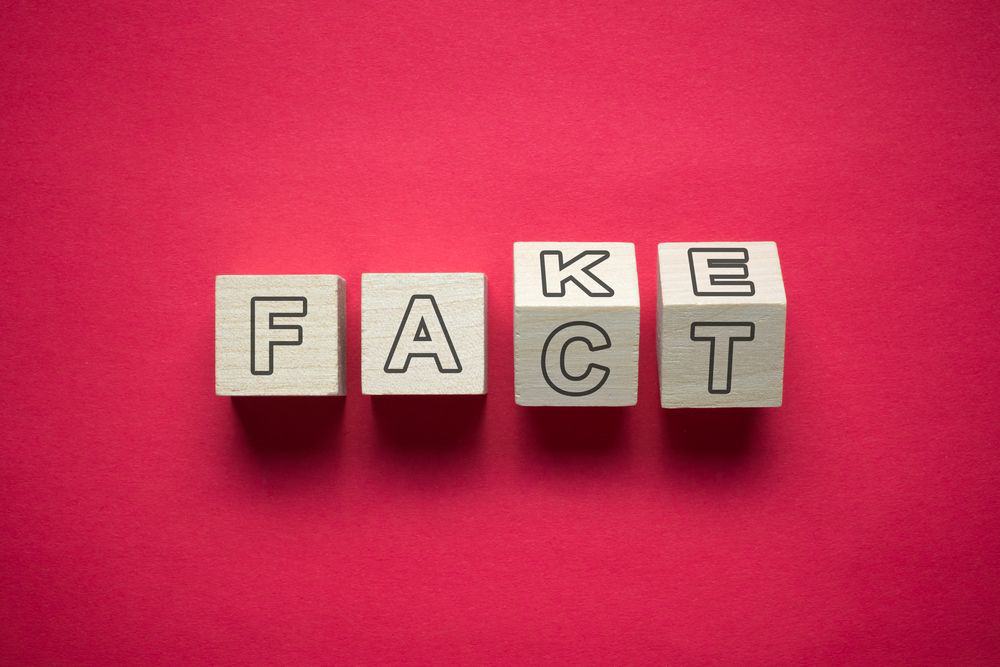
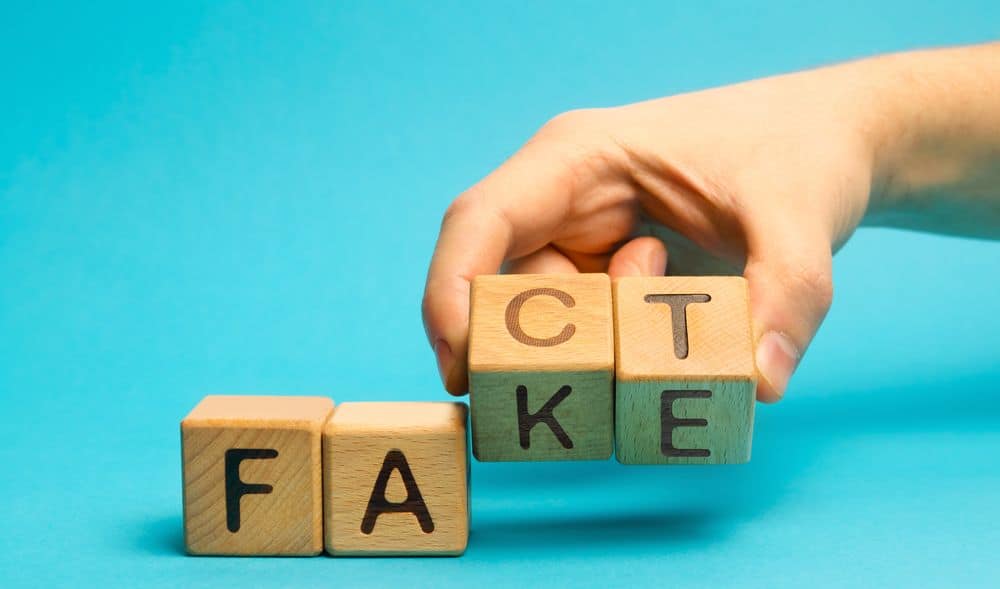

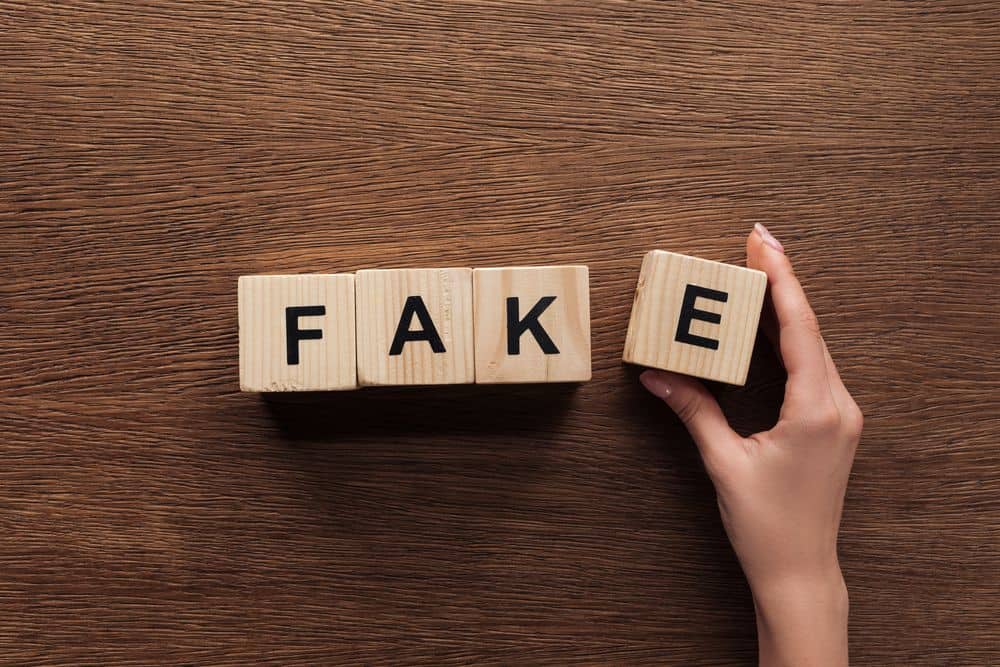
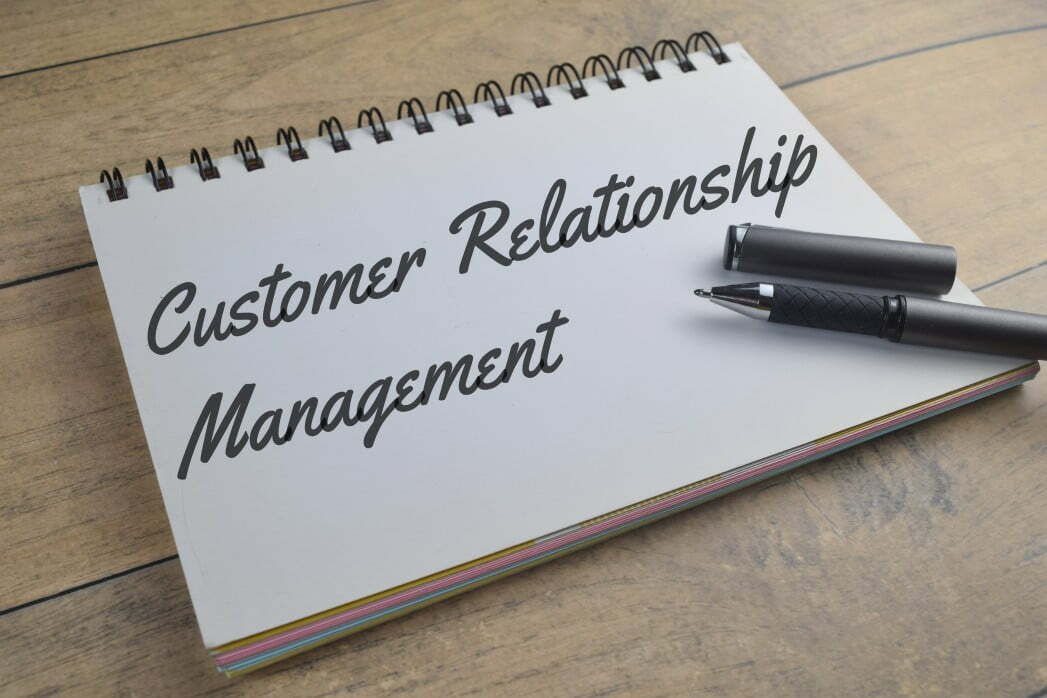

![Best Amazon Review Checkers in [year] 22 Best Amazon Review Checkers in 2025](https://www.gadgetreview.dev/wp-content/uploads/best-amazon-review-checker-image.jpg)
![Best Renters Insurances in [year] 23 Best Renters Insurances in 2025](https://www.gadgetreview.dev/wp-content/uploads/best-renters-insurance-image.jpg)